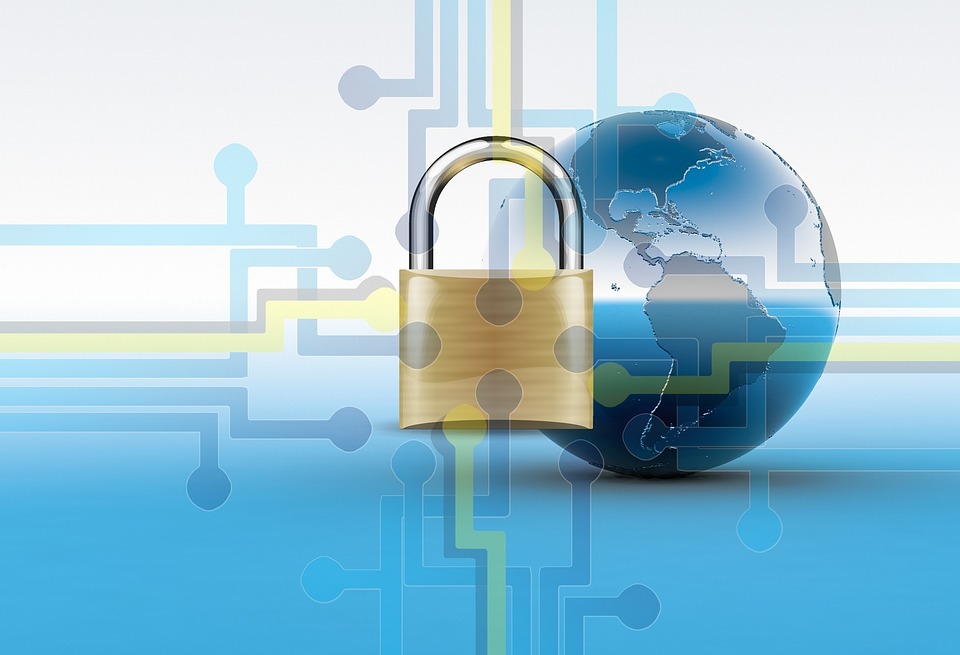In our increasingly digitized world, the internet has become an integral part of our daily lives. From banking to shopping, communication to entertainment, we rely heavily on online platforms. However, with this convenience comes the responsibility of maintaining good cyber hygiene to protect ourselves from the myriad of threats that lurk online. Cyber hygiene refers to the practices and habits that users should adopt to ensure their digital security and privacy. This article explores the significance of cyber hygiene and outlines everyday practices for safer browsing.
Understanding Cyber Hygiene
Cyber hygiene is analogous to personal hygiene. Just as we wash our hands and maintain cleanliness to avoid illness, we must also adopt strategies and habits that help safeguard our digital well-being. With cyber threats such as malware, phishing, identity theft, and data breaches on the rise, maintaining proper cyber hygiene is essential for protecting personal and sensitive information.
Why Cyber Hygiene Matters
-
Protection from Cyber Attacks: Regularly practicing cyber hygiene helps defend against various cyber threats. By strengthening our defenses, we can minimize the risk of becoming victims of cybercrime.
-
Privacy Preservation: Good cyber hygiene practices help safeguard personal information, ensuring that it isn’t misused or leaked. This is crucial in an age where data is a valuable asset.
-
Maintaining Trust: For businesses, maintaining cyber hygiene is crucial for building trust with customers. Secure handling of customer data fosters loyalty and confidence in a brand.
- Financial Security: Cyber threats can have significant financial implications. Good cyber hygiene can help mitigate the risk of fraud and financial loss resulting from cyber attacks.
Everyday Practices for Safer Browsing
Implementing effective cyber hygiene practices doesn’t have to be complicated. Here are some everyday habits that everyone can adopt for a safer online experience:
1. Use Strong, Unique Passwords
A robust password is your first line of defense. Ensure that each online account has a unique password that combines letters, numbers, and special characters. Consider using a password manager to keep track of your credentials.
2. Enable Two-Factor Authentication (2FA)
Wherever possible, enable two-factor authentication for an added layer of security. This method requires not only a password but also a second form of verification, such as a code sent to your phone.
3. Keep Software Up to Date
Regularly update your operating system, browsers, and applications to patch security vulnerabilities. Enable automatic updates to ensure that you don’t miss important security enhancements.
4. Be Cautious with Public Wi-Fi
Public Wi-Fi networks can be breeding grounds for cybercriminals. Avoid conducting sensitive transactions, such as online banking, while connected to public networks. If necessary, use a Virtual Private Network (VPN) for an added layer of security.
5. Practice Safe Browsing Habits
Be wary of clicking on suspicious links or downloading attachments from unknown sources. Phishing attacks often disguise themselves as legitimate communications, so always verify before engaging.
6. Utilize Firewall and Antivirus Software
Install and maintain reliable firewall and antivirus software to protect your devices from malware and unauthorized access. Keep these programs updated to ensure optimal protection.
7. Regularly Review Privacy Settings
Review the privacy settings on your social media accounts and adjust them to restrict access to your personal information. Being mindful of what you share can significantly reduce your vulnerability.
8. Backup Important Data
Regularly back up data to a secure cloud service or external hard drive. This ensures that, in case of a cyber incident, you won’t lose vital information.
Conclusion
As our reliance on the internet continues to grow, so does the importance of cyber hygiene. By adopting everyday practices for safer browsing, individuals and organizations can significantly reduce their risk of falling victim to cyber threats. The goal is not only to protect personal and sensitive information but also to foster a culture of security that benefits our digital ecosystem. Embracing these practices is a small but crucial step towards a safer online experience for everyone.



